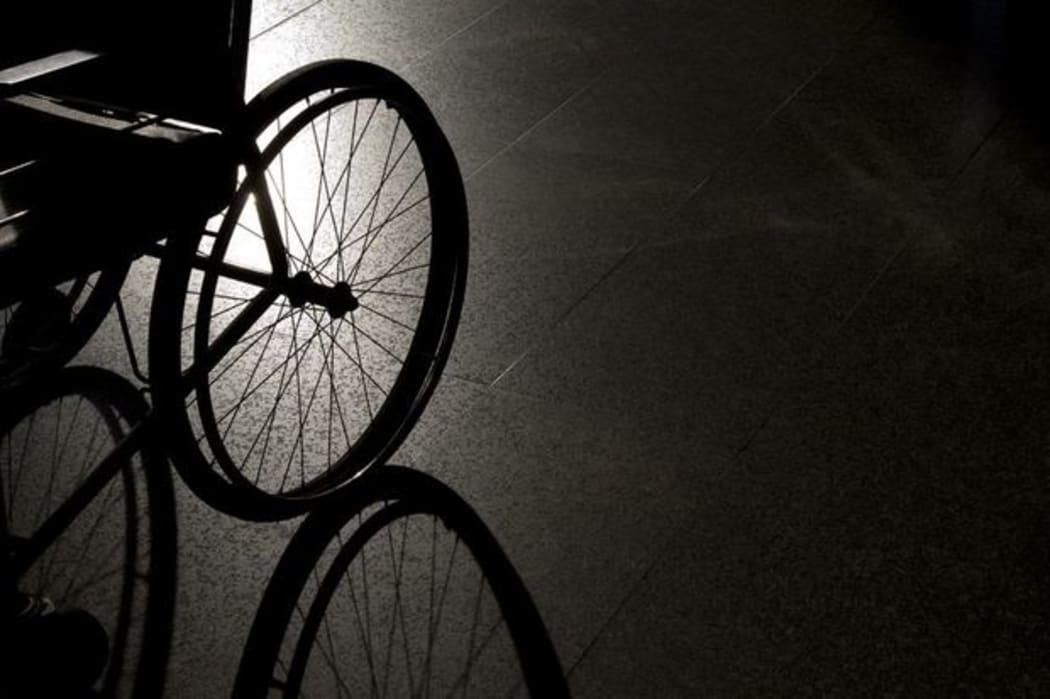A man who raped a woman in her wheelchair in a dark alleyway will be deported after he is released from jail.

Photo: 123RF
Eliki Taala was caught when police took his DNA two years after the attack, when he was arrested for assaulting his partner.
The Samoan man, who has been a resident since 2009, was jailed for nine years.
He pleaded not guilty to rape and indecent assault of the woman, but was convicted and sentenced in 2015.
The sentencing judge said the victim was extremely vulnerable and the effect of the offending had been enormous.
"She has been confined to a wheelchair from an early age as a result of a car accident," said the judge.
"She is tiny compared to you.
"She was [in] a dark alleyway asking for assistance to find her way in the early hours of the morning and... she was not in control of her faculties due to consumption of alcohol."
Taala told the Immigration and Protection Tribunal, which heard his appeal against deportation, that he struggled to admit to his new partner and his extended family what he had done to a defenceless woman in a wheelchair and began lying.
"He lied and kept on lying and his lies caused the victim even more misery when she had to give evidence," said the tribunal's notes of his evidence.
"This is one of the most shameful things that he has ever done because he knew he had harmed her.
"What he did was terrible. She could not run to get away from him. She was trapped.
"She would have been terrified of him and frightened and there was also for her the risk of possible disease or HIV or pregnancy."
He said he was drunk at the time and he was later also convicted of driving dangerously with excess breath alcohol when he smashed into another car.
Taala told the tribunal he spoke to his three children and stepdaughter from prison every day and the family would struggle to join him in Samoa because of health issues, and because his partner's family all lived in New Zealand.
His relatives backed his appeal to stay in New Zealand. They said they did not believe that he would be easily able to re-establish himself in Samoa due to the stigma of his offending and lack of support there.
The tribunal said Taala and his partner and children had already spent many years apart and would have to decide whether they would be able to move there.
It removed the usual permanent ban on deportees in similar circumstances visiting New Zealand, and waived the requirement that he should repay his deportation costs before being able to return.
The full decision can be read here.

